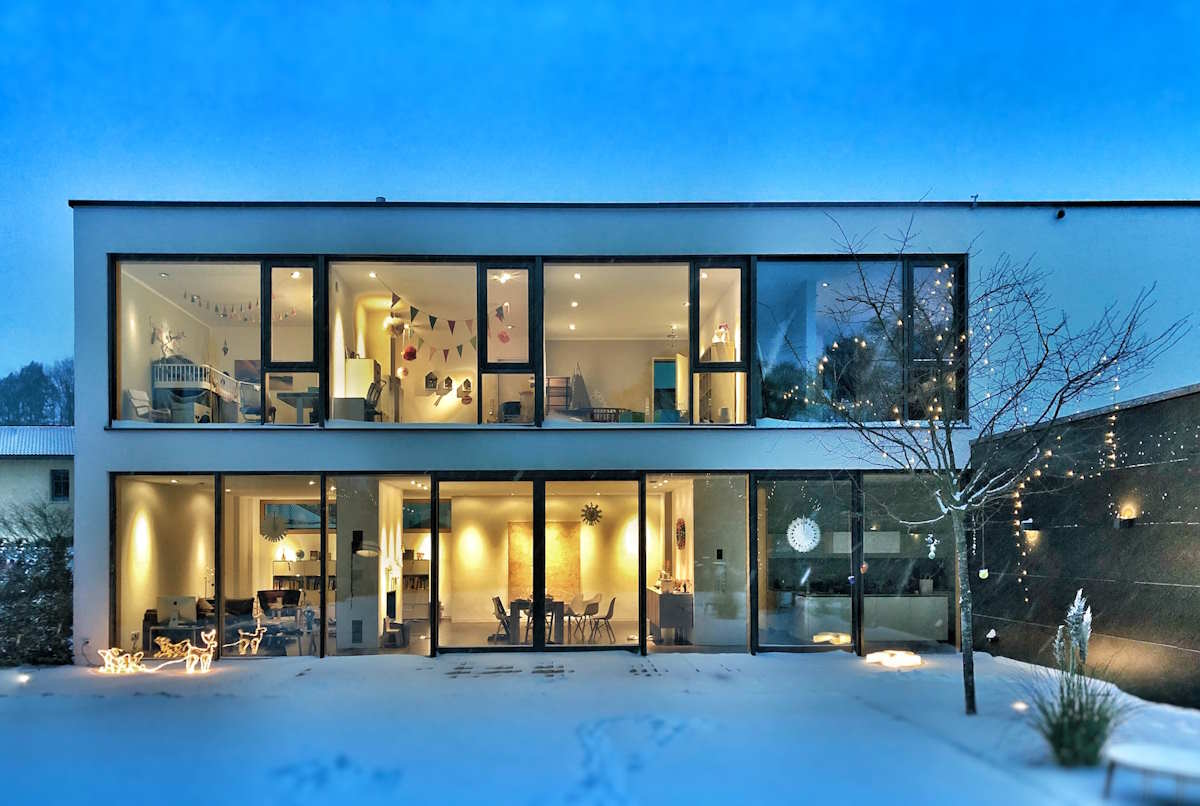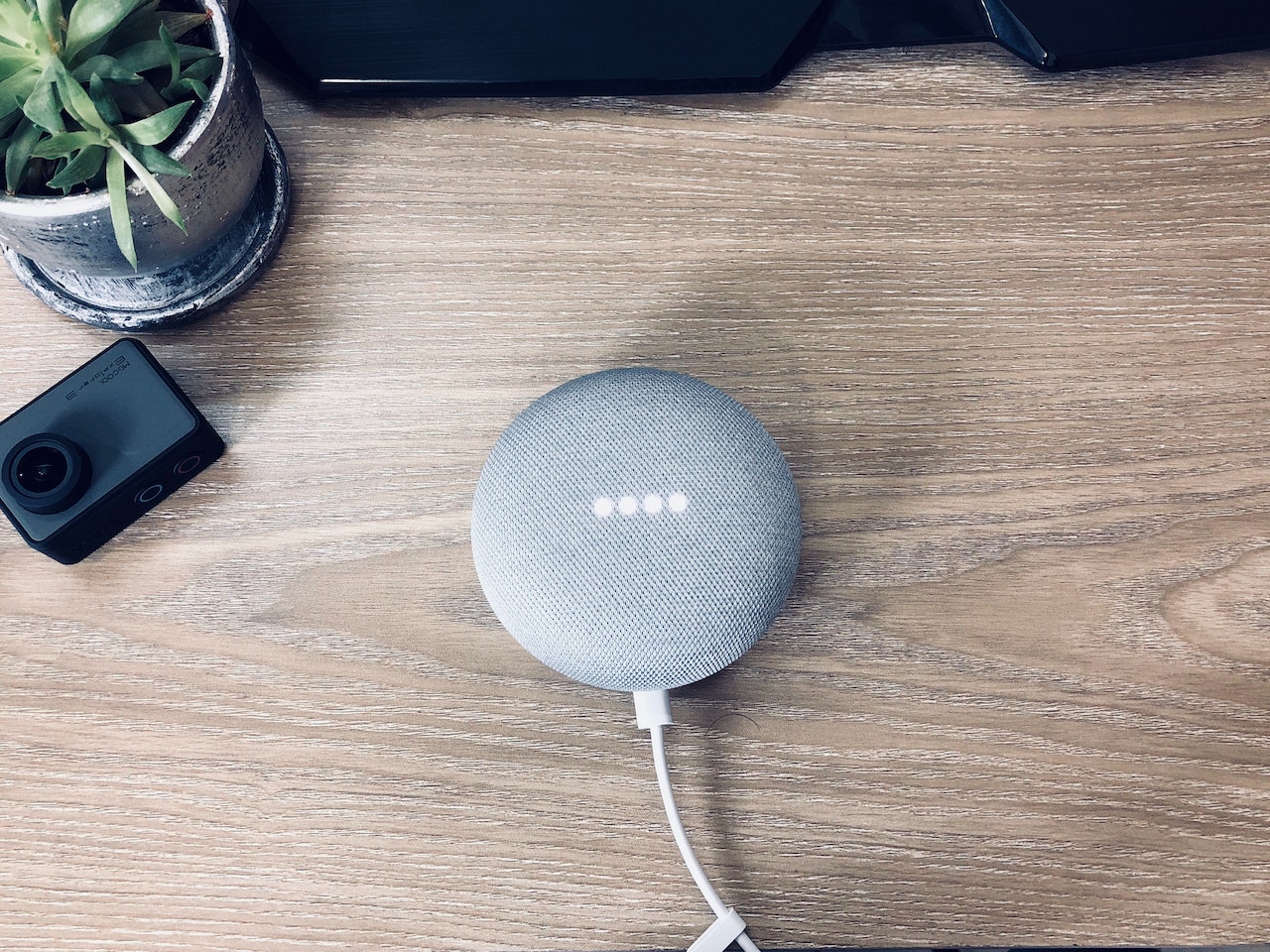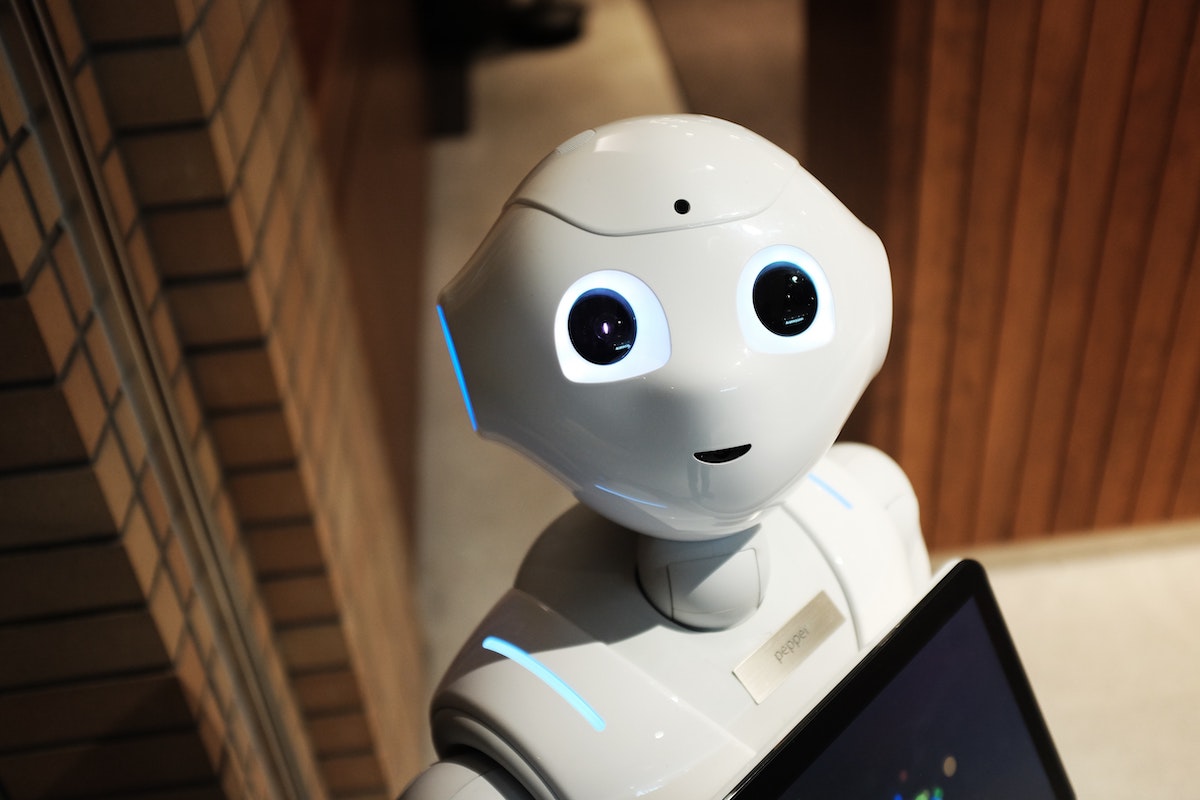
Needless to say, the world as we know it is going through some significant changes. Of course, we won’t focus on the negative. There’s no reason to do so since today’s topic is somewhat more optimistic than anything else one could think of once the “the world is going through some changes” phrase comes up in a conversation. Anyway, when it comes to technological advancements, one can’t help but mention the current & future state of so-called smart homes. We’re witnessing a massive influx of consumers looking for ways to reduce energy consumption, improve safety, and automate every necessary yet irritating household task they can. That being said, today we’ll talk a bit about the future of smart homes and the trends & predictions related to the subject in question. Stay tuned!
What Is a Smart Home?
Before we continue, let’s consider the main term for today. Therefore, let’s pose the following question: what is a smart home?
The definition of a smart home is quite simple: we’re talking about a home that’s equipped with lighting, heating, and electronic devices that a person is able to control remotely by using a smartphone, tablet, or computer. Of course, there are certain examples of smart home innovations & trends that will most probably dominate the market in the following years. Let’s take a look at some of them!

Smart home devices make our lives easier.
The Future of Smart Homes: Trends and Predictions
Without further ado, let’s see smart home trends & predictions for the following couple of years!
1. Who Else but Robots
That’s right, the first thing we’ll mention are robots, even though they’re a bit of an obvious answer here since they’ve already found their way into our homes. However, the model for the future will be further away from just a digital voice assistant. Here’s an example: have you heard about Amazon’s home robot called Astro? Astro is just another point in the line of Alexa-powered devices (Alexa is Amazon’s Siri). The device in question will include a home security drone and a video-chat service aimed at helping young people communicate with their relatives or friends from far away. Also, Astro acts like an ordinary home robot we’ve seen in the movies. It can, for instance, deliver drinks or assist the oldest members of your family in various activities.
All in all: one should expect that this technology will gain more & more popularity in the upcoming period. Who knows? Robots might even help you make a super-productive weekly schedule.

Needless to say, robots are the future of smart homes.
2. Smart Kitchen Gadgets, Anyone?
One can expect a ton of innovations in the smart-kitchen-gadgets field in the following years. Currently, there are many of these on the market. For instance, we’re talking about smart rice cookers being connected to Alexa, smart crackpots, and integrated apps. What was once a dream (an app telling you in a human voice how much time’s left to cook rice or you being able to control the cooker with your smartphone) is clearly a reality now. All in all: experts note that there’s still enough room for innovation. Therefore, we shouldn’t worry about the smart-kitchen-appliances market in the years to come.
3. Smart Thermostats
Remember the whole energy-saving part we mentioned earlier? Yup, now it’s time to talk a little about that. We’re witness to smart thermostats being one of the most widely accepted smart home devices. Who or what can we thank for their popularity? Well, they’re pretty easy to install. Also, you can customize your desired temperature and your routines. In other words, you’re able to modify the atmosphere & environment inside your home from, well, just about anywhere.
So, where’s the eco-friendly, energy-saving part? Here’s the thing: since you can control the temperature inside your place while you’re away from home, you turn the heating or cooling off or on from whatever location. Therefore, you can cut a good percentage off your energy bills. Some sources, like Consumer Opinion, claim that US citizens save about 10-12% on average on their heating bills and around 15% on their cooling bills in annual usage. All in all: this will most probably encourage many folks to welcome smart thermostats into their homes.
4. What About a Smart Home Office?
There’s no need to underline that the recent pandemic (we won’t mention its ugly name) somewhat revolutionized how we imagine the workspace. Currently, we’re in something folks like to call the post-pandemic period. However, we haven’t seen the expected back-to-the-old-office wave as more & more companies adopted the remote-work concept, regardless of whether there’s a pandemic. So, one can assume that smart home office gadgets will go through a boom in the following years due to the remote vs. in-office battle. Smart devices such as noise-canceling windows or air-filtration systems have become a necessity.

A smart home office hasn’t got an alternative.
5. The Future of Home Security
Nothing is more pleasant than knowing your home’s safe from intruders. Therefore, many folks are investing in smart home security systems. Even folks that aren’t so afraid of the good old jeez-someone-just-broke-into-my-crib scenario appreciate advancements in home security technology. For instance, security cameras let you see what your pets are up to once you’re not home, away during the day. Also, you can see once a package has been delivered to your porch. Anyway, it’s not just the security cameras; there are many security devices one can choose from. You’ll have to pick out an option that suits you best. For instance, you might want to opt for a smart video doorbell such as the Ring, which is something of a virtual butler, all thanks to Amazon’s Alexa Smart Responses.
Final Words
Okay, folks, so much for the future of smart homes. We’ve gone through some of the trends & predictions for years to come. There’s a good chance you’ve heard about some of these additions and introduced them to your home. One can conclude that the future seems bright for smart home devices. Also, one can hope that none of these will compromise our privacy, as we’re all concerned about our personal data. But, as we’ve said at the beginning, let’s avoid discussing the negative.